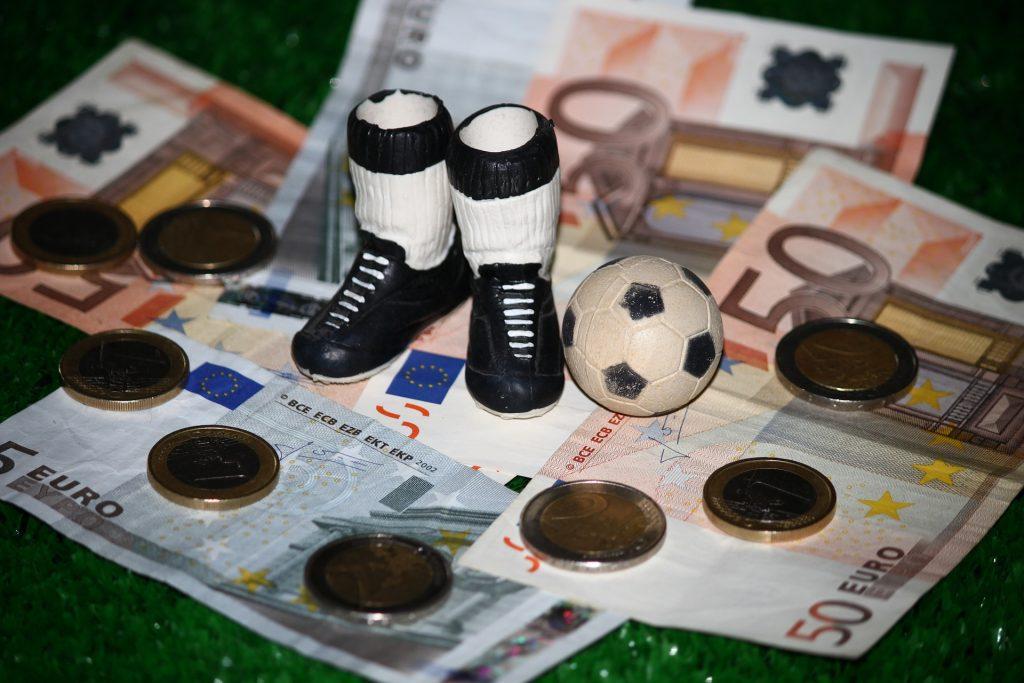The recent COVID-19 pandemic has not contributed to the rising trend of fixed matches — quite the contrary. Experts from Sportradar’s Integrity Services, trusted by both FIFA, NBA, and multiple other sporting organizations to unearth and tackle manipulation in sports, have reported a huge increase in suspicious betting activities during the pandemic, despite fewer games. According to the reports, 2020 recorded 62 questionable football friendly matches, which is around 60% higher than last year. The same goes for table tennis, e-sports, and many more.
One of the reasons for the global spread of match-fixing lies in poor financial output caused by the coronavirus pandemic’s economic impact. However, is that all there is to it and what are the authorities doing to stop it? Read on as we tackle this global phenomenon that puts the gambling industry under a lot of pressure.
Lack of Cash Flow Fuels Match-Fixing
Match-fixers quickly grasped that many athletes and teams would be caught between a rock and a hard place given how most games and competitions were cancelled, leading to an unstable cash flow.
Pressed by the financial predicament, many players became susceptible to the negative influence of match-fixers. In the past, like Tan You Chen, Sportradar’s senior manager, Integrity Partnerships Asia in Singapore, explains in this article, fixers were only able to corrupt up to two players on the team. Under COVID-19-induced financial struggles, that number rose to five.

One of the ways they do it is through sponsorship deals for both teams and players. By being on the payroll of certain companies, teams and players are compelled to follow their orders and impact the games they play. Lower-league competitions are the first in line when it comes to match-fixing since their budgets are rather limited, thus making the appeal of quick money more difficult to ignore.
Claudio Marinelli, Project Manager at Criminal Intelligence Officer Interpol, has also noted at SBC Digital Italia Summit’s panel ‘Match-Fixing Phenomenon at the time of COVID’ that the rise of match-fixing is also caused due to the impact that the internet and modern technologies have on the matter. They are making it increasingly difficult for the police authorities to intercept the signals and nip any attempts to fix matches in the bud.
Cooperation Between Authorities Hailed as Solution
Collaboration between the leading governing bodies of sports competitions and governments worldwide is essential in combating match-fixing. This conclusion is shared by Interpol and Global Lottery Monitoring System (GLMS) as highlighted at SBC Digital Italia Summit, but all other major organisations. FIFA and the United Nations Office on Drugs and Crime (UNODC) have launched the so-called Global Integrity Programme to equip football associations with the tools and knowledge needed to prevent match manipulation.
The International Olympic Committee has been active when it comes to monitoring the matches and stopping match-fixing. They created the Integrity Betting Intelligence System (IBIS) in 2013 to assess the connection between the betting sector and the participants and ascertain if there has been some wrongdoing.
The globalisation and worldwide connectivity might bode well for match-fixers, but it also bodes well for the authorities. These potential match-fixing abnormalities are being recognised internationally, and all parties involved are sharing intel with their partners and regulators, which helps stymie such fallacies.

